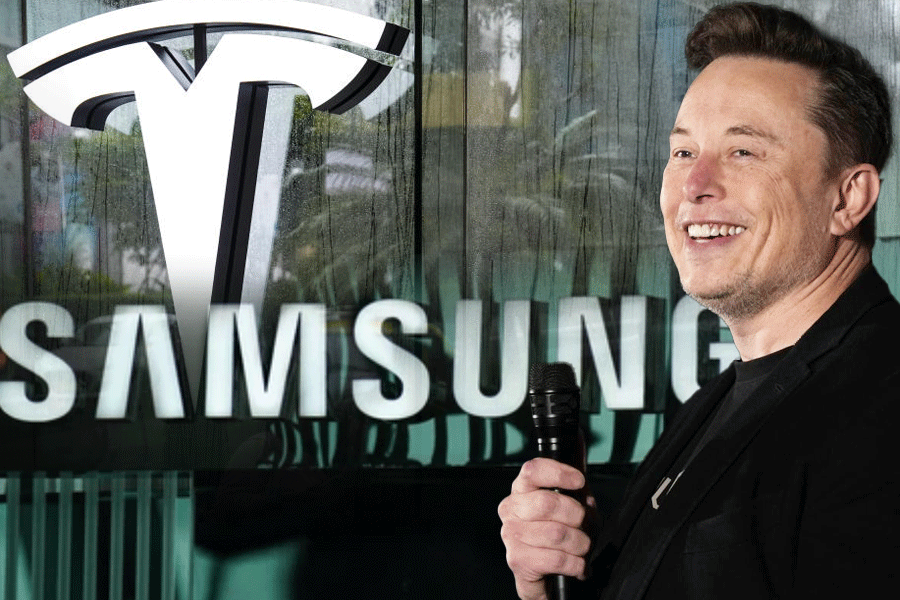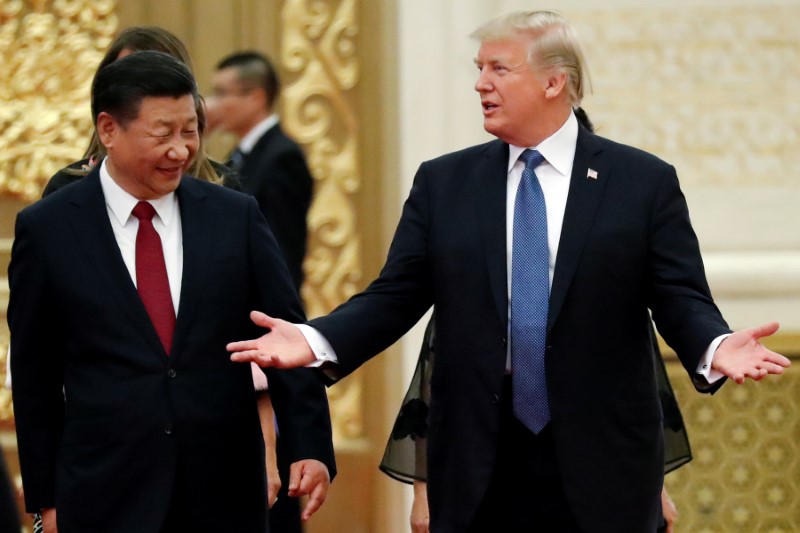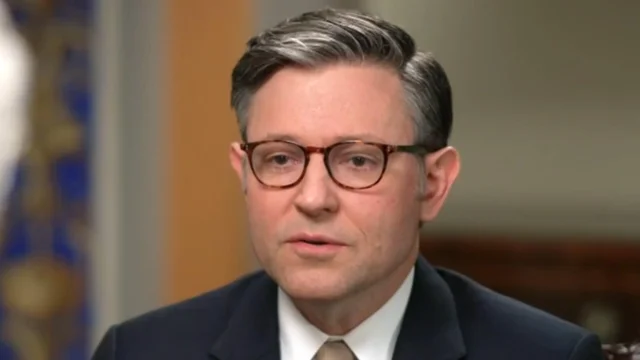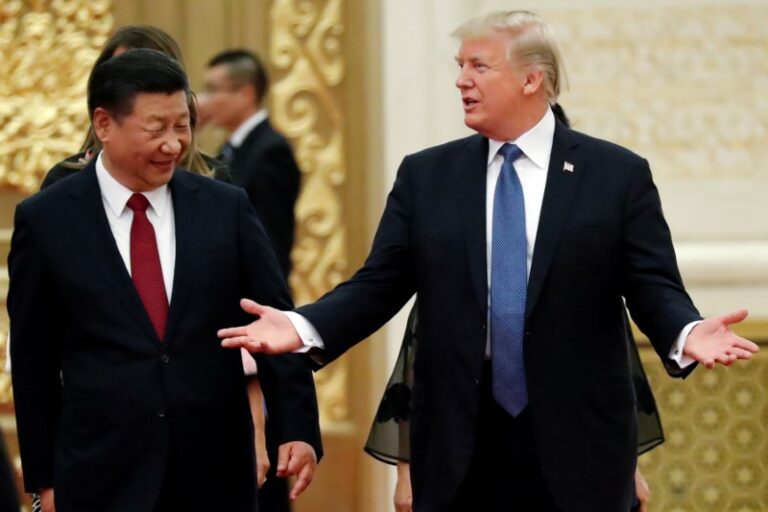In a groundbreaking announcement that sent shockwaves through the semiconductor industry, Tesla CEO Elon Musk confirmed on Monday that the electric vehicle giant has signed a massive $16.5 billion chip supply agreement with Samsung Electronics.
The deal marks one of the largest semiconductor contracts in history and represents a significant win for Samsung’s struggling foundry division.
The announcement came after Samsung initially disclosed the supply agreement without naming the client, citing confidentiality requirements. However, Musk took to his social media platform X to confirm Tesla as the mystery customer, revealing crucial details about the partnership.
The Details of the Historic Deal
According to regulatory filings and Musk’s statements, the contract will run from July 26, 2025, through December 31, 2033. The deal represents approximately 7.6% of Samsung’s 2024 annual sales revenue, making it one of the largest foundry orders the company has ever secured from a single client.
Samsung’s shares surged as much as 6.8% following the news, reaching their highest level since September 2024. The Korean tech giant’s stock closed up over 6% on Monday as investors celebrated the massive win for its underperforming foundry business.
The agreement comes at a crucial time for Samsung, which has been struggling to compete with industry leader TSMC in the contract chip manufacturing space. Samsung currently holds just 8% of the global foundry market, while TSMC dominates with a 67% share.
Tesla’s AI6 Chip and Samsung’s Texas Facility
One of the most significant aspects of this deal is the production location. Musk revealed that Samsung’s new semiconductor facility in Taylor, Texas, will be dedicated to manufacturing Tesla’s next-generation AI6 chip.
“Samsung’s giant new Texas fab will be dedicated to making Tesla’s next-generation AI6 chip. The strategic importance of this is hard to overstate,” Musk wrote on X.
The Taylor facility, located less than 30 minutes from Austin, represents a $17 billion investment from Samsung and is scheduled to begin operations in 2026. The proximity to Tesla’s operations in Texas adds logistical advantages to the partnership.

Key Benefits and Strategic Importance
The partnership offers several strategic advantages for both companies:
For Tesla:
- Manufacturing Efficiency: Musk emphasized that Samsung has agreed to allow Tesla to assist in maximizing manufacturing efficiency. “This is a critical point, as I will walk the line personally to accelerate the pace of progress,” Musk stated.
- Supply Chain Security: The deal ensures a stable supply of crucial AI chips for Tesla’s autonomous driving and robotics ambitions through 2033.
- Geographic Proximity: The Texas location provides logistical advantages, with Musk noting the fab is “conveniently located not far from my house.”
For Samsung:
- Major Revenue Boost: The $16.5 billion contract provides a significant revenue stream for Samsung’s foundry division, which has been posting losses.
- Competitive Positioning: The Tesla partnership helps Samsung compete more effectively against TSMC in the advanced chip manufacturing market.
- U.S. Manufacturing Presence: The deal validates Samsung’s massive investment in U.S. semiconductor manufacturing capacity.
Tesla’s Chip Strategy and Future Plans
Musk provided insights into Tesla’s broader chip strategy, revealing a multi-generational approach to AI chip development. According to his posts, Samsung currently manufactures Tesla’s AI4 chips, while TSMC will produce the AI5 chips, initially in Taiwan and later in Arizona.
The AI6 chip represents the next evolution in Tesla’s autonomous driving technology, powering the company’s Full Self-Driving (FSD) capabilities and future robotics initiatives.
Significantly, Musk suggested that the $16.5 billion figure is “just the bare minimum,” indicating potential for even larger orders as Tesla scales its AI ambitions.
Impact on the Semiconductor Industry
This deal has far-reaching implications for the global semiconductor industry:
Market Dynamics:
- Foundry Competition: The partnership intensifies competition between Samsung and TSMC for major AI chip contracts.
- U.S. Manufacturing: It reinforces the trend of bringing advanced semiconductor manufacturing to the United States.
- AI Chip Demand: The deal highlights the growing demand for specialized AI processors in automotive applications.
Industry Analysis:
Pak Yuak, an analyst at Kiwoom Securities, noted that the deal would help reduce losses at Samsung’s foundry business, which he estimates exceeded 5 trillion won ($3.6 billion) in the first half of the year.
The agreement also comes amid broader geopolitical considerations, as the U.S. pushes to strengthen domestic semiconductor manufacturing capabilities through initiatives like the CHIPS and Science Act.
Challenges and Future Outlook
Despite the positive news, both companies face challenges in executing this ambitious partnership:
For Samsung:
- Technical Execution: Samsung must successfully ramp up its Taylor facility and meet Tesla’s demanding specifications for AI chip production.
- Competition: The company continues to trail TSMC in advanced chip manufacturing technology and must prove it can deliver at scale.
For Tesla:
- Technology Integration: Successfully integrating the AI6 chips into vehicles and ensuring they deliver promised autonomous driving capabilities.
- Market Expectations: Meeting ambitious timelines for Full Self-Driving deployment and robotics initiatives.
Looking Ahead
The Tesla-Samsung partnership represents a watershed moment in the evolution of automotive AI technology. As vehicles become increasingly autonomous and AI-driven, the demand for specialized processors will only grow.
Samsung’s willingness to dedicate an entire facility to Tesla’s chip production demonstrates the scale of opportunity in automotive semiconductors. Meanwhile, Tesla’s commitment to developing proprietary AI chips underscores its ambition to control critical technology components.
With production set to begin in 2026 and continue through 2033, this partnership will likely shape the future of autonomous driving technology and cement both companies’ positions in the AI revolution.
As Musk noted, the strategic importance of this deal “is hard to overstate,” and its success could determine the competitive landscape of both the automotive and semiconductor industries for years to come.











